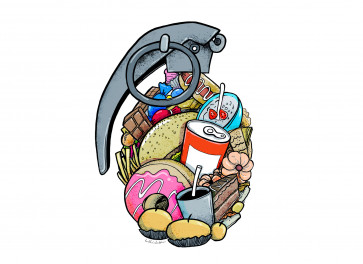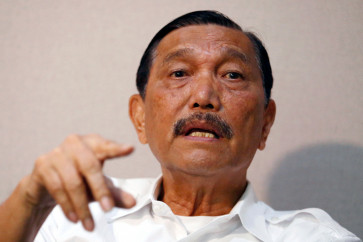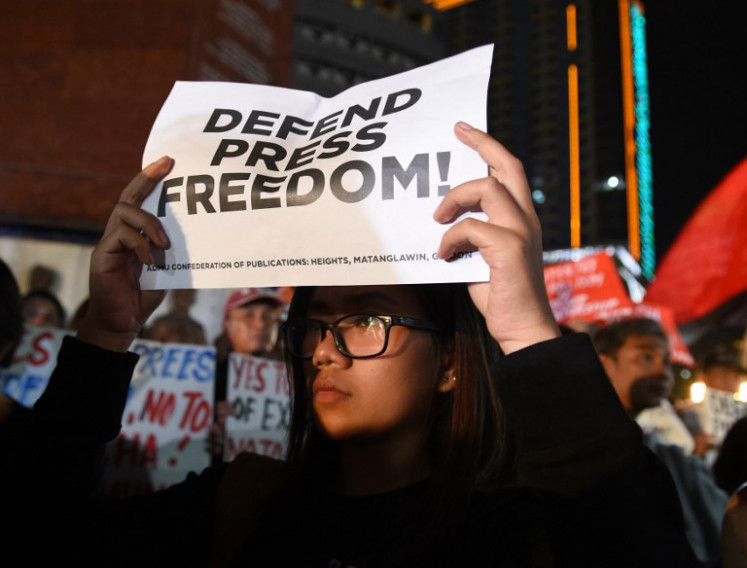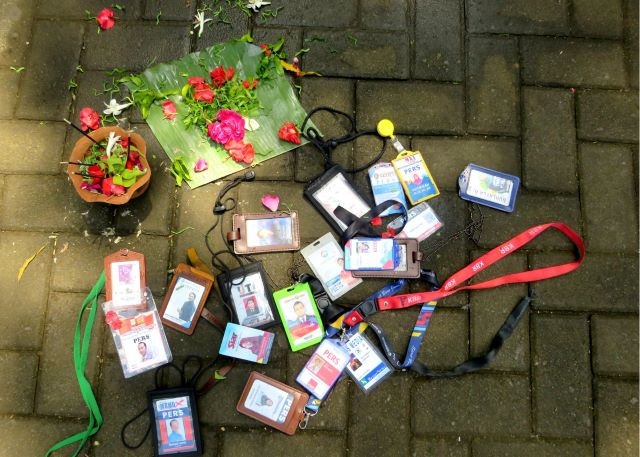Govts fall short at disaster risk reduction conference
International aid agency Oxfam has criticized governmentsâ failure to agree on a bold global plan to build disaster resilience for communities in the worldâs least developed nations during a recent international conference in Japan
Change Size

I
nternational aid agency Oxfam has criticized governments' failure to agree on a bold global plan to build disaster resilience for communities in the world's least developed nations during a recent international conference in Japan.
Oxfam's senior humanitarian policy advisor Scott Paul said governments had again let down the world's poorest people, who were most vulnerable to natural disasters.
'Negotiators in Sendai were supposed to agree on a much needed bold new plan to build countries' resilience to events like Cyclone Pam that has just devastated Vanuatu, one of our least developed nations. Instead what was adopted is a set of half-measures that will not keep pace with rapidly rising disaster risk around the world,' Paul said on Friday at the World Conference on Disaster Risk Reduction.
He referred to the adoption of the Sendai Framework for Disaster Risk Reduction, a global plan meant to build the resilience of communities to disasters over the next 15 years and lead to bolder commitments on disaster risk reduction.
Paul said Oxfam was deeply disappointed by the outcome at Sendai, especially as just days ago, negotiators heard an impassioned plea from Vanuatu's President Baldwin Lonsdale.
'It seems that his timely call to action fell on deaf ears. Leaders have built this framework around a set of flimsy, unambitious targets that will not galvanize bold action or create meaningful accountability,' he said.
Paul said extreme weather events, such as Cyclone Pam and past typhoons Hagupit and Haiyan, provided clear evidence of the need to slash emissions and to prepare vulnerable communities for the dramatic shifts in weather brought on by climate change.
'The world's poorest people are being hit ever harder by disasters, undercutting their efforts to escape poverty. Rich countries know this but they have again turned their back on their less well-off neighbors, failing to offer additional financial and technical support to developing countries,' he stressed.
Cyclone Pam tore through Vanuatu with winds of 270 kilometers per hour last week, killing 17 people.
Paul said the international community's inability to make concrete commitments to finance disaster risk reduction threatened to undercut its ambitious anti-poverty agenda and put added pressure on governments to take bold action at more high-profile international conferences on the Sustainable Development Goals and an ambitious new global climate change agreement later this year. (ebf)(++++)









